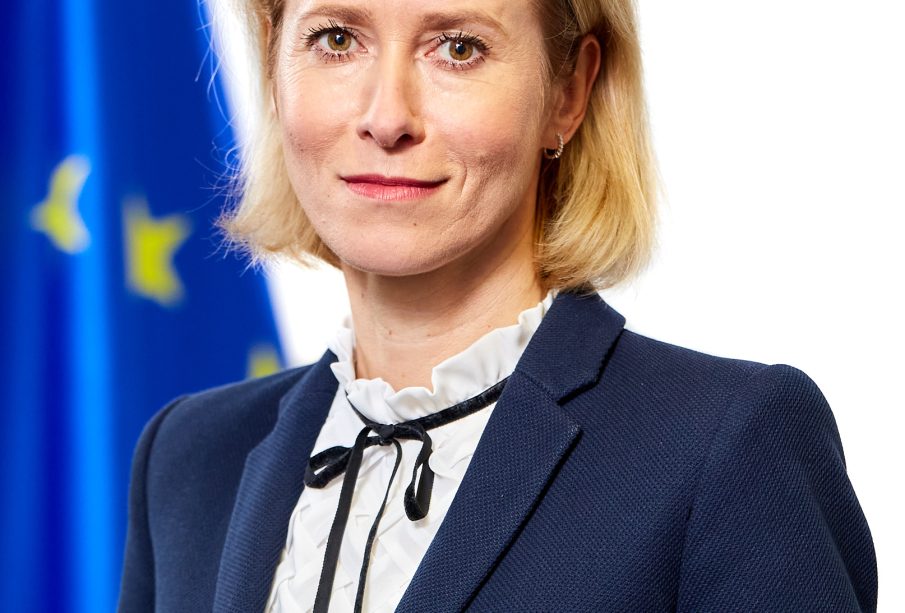Kaja Kallas: A Catalyst for Change in Estonia

Introduction
Kaja Kallas has made history as Estonia’s first female Prime Minister, taking office in January 2021 amidst a global pandemic and geopolitical tensions. Her leadership is pivotal not only for Estonia but also serves as a benchmark for women’s representation in governance across Europe. Kallas’s policies and approach reflect the challenges and opportunities faced by her nation in a rapidly changing world.
Recent Developments
As Prime Minister, Kaja Kallas has been at the forefront of Estonia’s response to the COVID-19 crisis. Her government has implemented strict health measures while also working to ensure economic stability through a robust vaccination campaign. In recent news, Kallas announced plans for a comprehensive digital transformation aimed at strengthening Estonia’s e-governance and cybersecurity, key areas where the country has established itself as a leader.
Moreover, Kallas has taken a firm stance on security following the invasion of Ukraine by Russia in 2022, which has heightened concerns across the Baltic states. Under her guidance, Estonia has increased its defence spending and advocated for stronger NATO presence in the region. Her policies mark a significant shift towards a more proactive stance on national security.
Challenges Ahead
Despite her successes, Kaja Kallas faces numerous challenges. The coalition government, which includes parties from both the left and right, often requires delicate balancing acts to maintain unity. Economic pressures from rising energy costs and inflation also pose significant hurdles for her administration. Criticism has emerged concerning the pace of reforms and the impact of ongoing geopolitical tensions on the country’s economic outlook.
Conclusion
Kaja Kallas’s leadership is significant not only for her immediate policy implications but also for how she represents a broader movement towards female leadership in Europe. As she navigates the complex political landscape, Kallas’s decisions will likely have long-lasting effects on Estonia and its role within the European Union. With elections approaching, her government will be tested further, and observers will be keen to see how her policies evolve in response to both domestic and international pressures.








